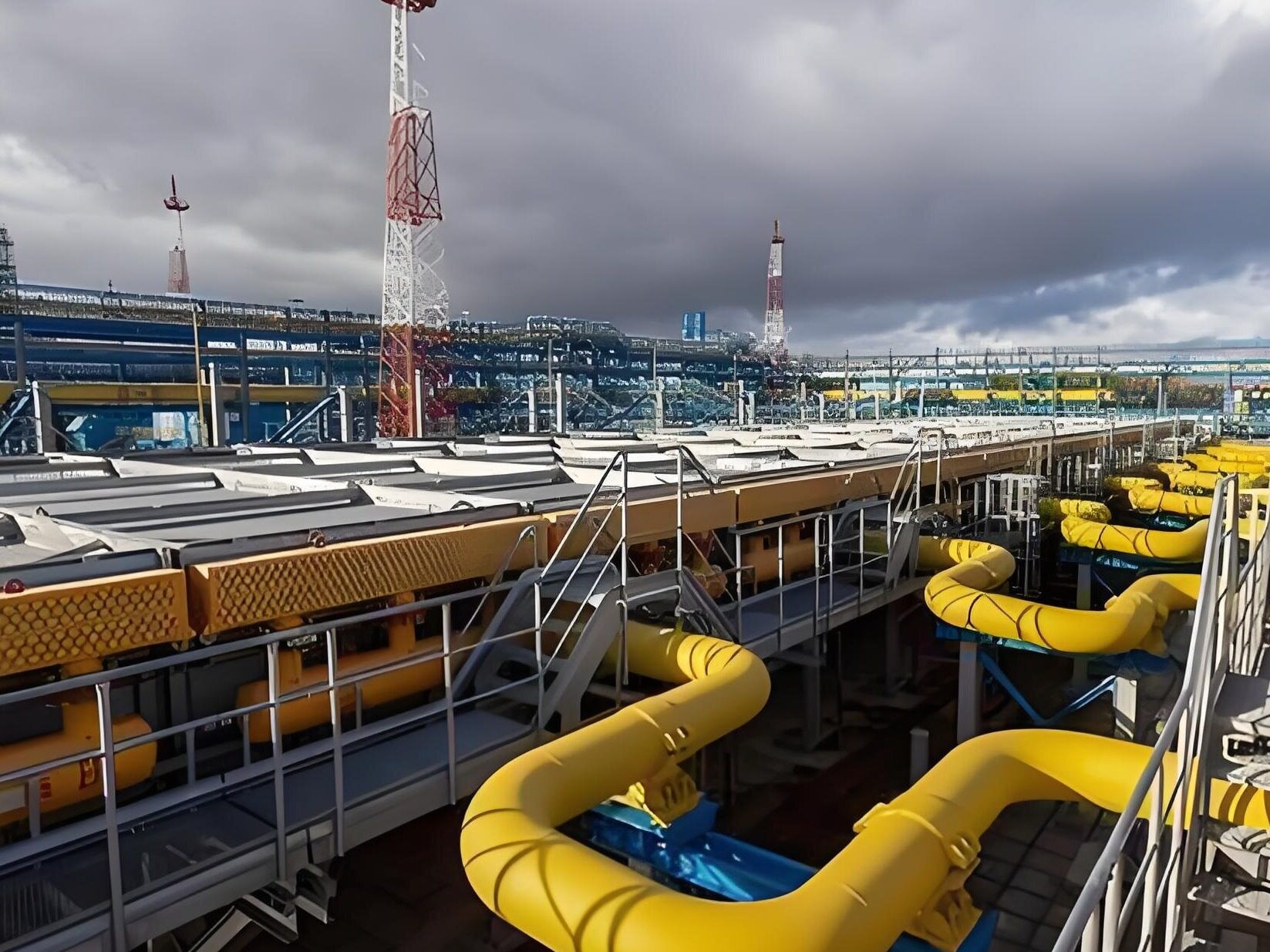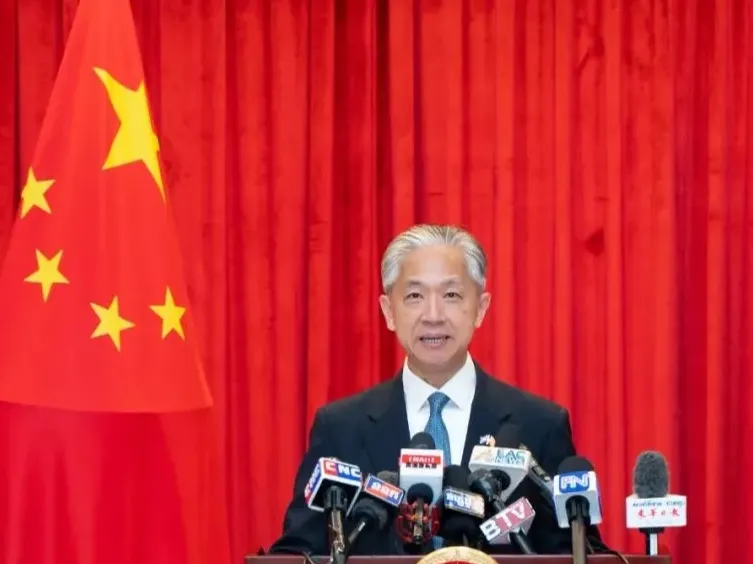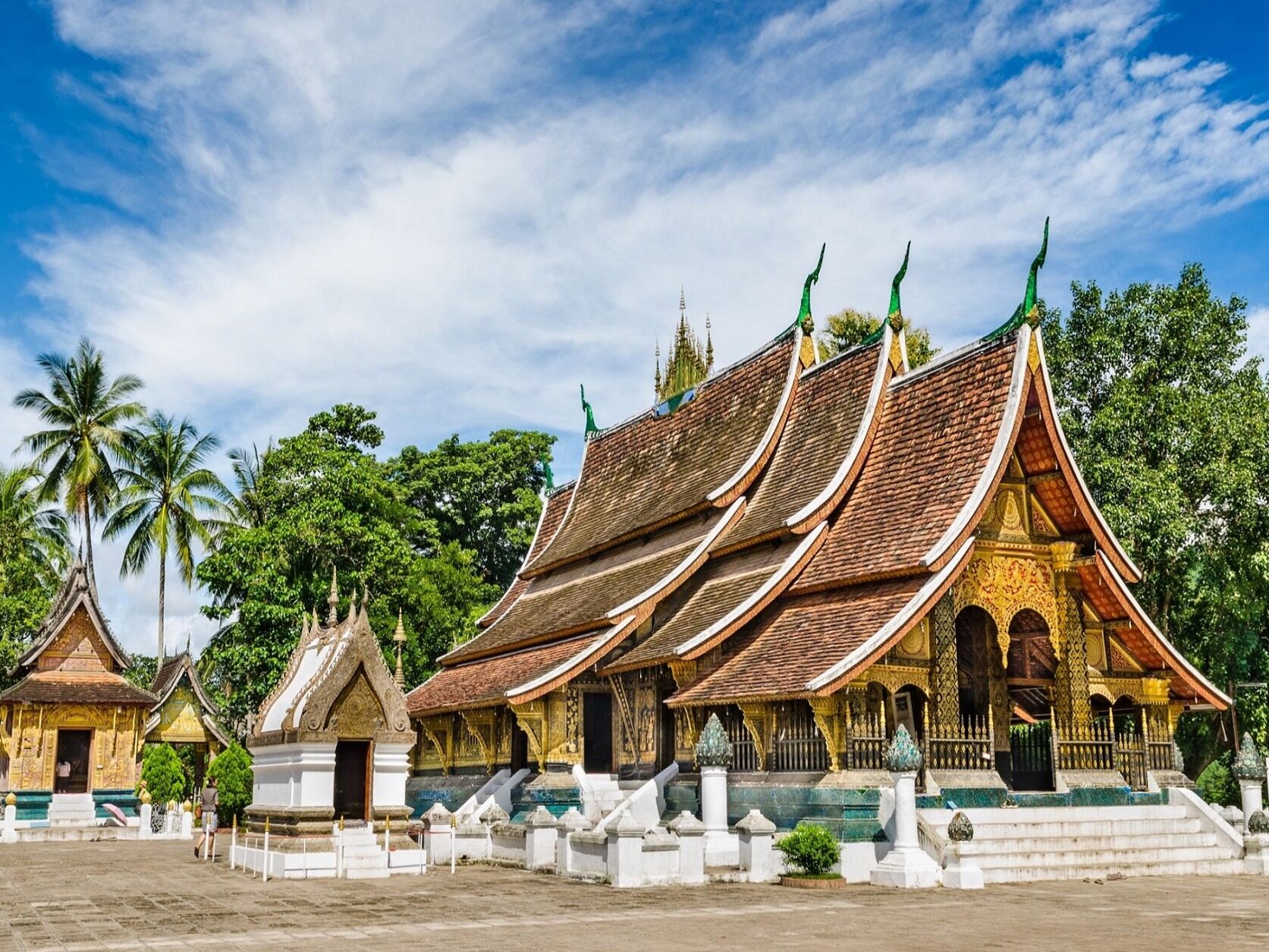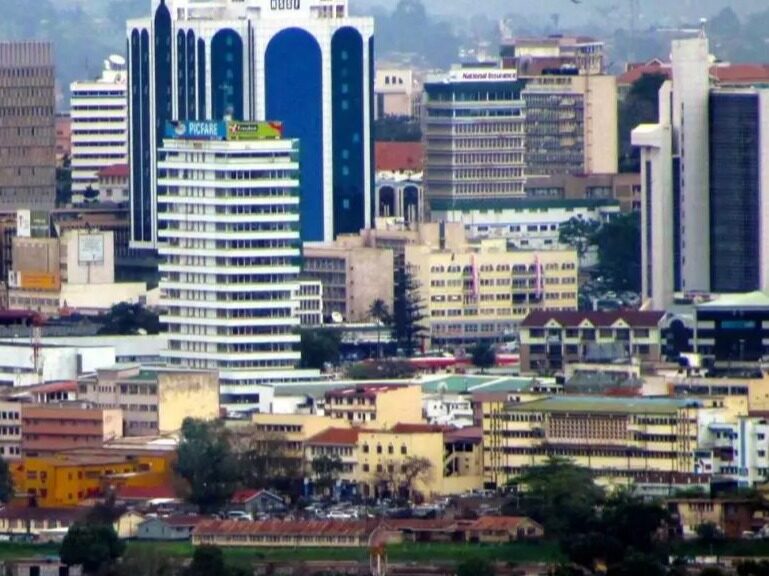- The Philippines, under Duterte's leadership, is trying to find a way to go between the United States and China

A spokesman for Philippine President Rodrigo Duterte said on September 1 that the Philippines will ignore the US sanctions against Chinese contractors and continue to carry out its large-scale infrastructure projects under construction.
This contradicted his Foreign Minister Teodoro Losin. Trodo Losin said last week that he would "strongly recommend" that his government terminate its contracts with Chinese companies sanctioned by the United States to build artificial islands in the South China Sea.
At risk are the two plans of the China Communications Construction Corporation and its subsidiaries. One is a US$10 billion plan to build Cape Sangli International Airport in Cavite Province on the southern coast of Manila Bay. The project was undertaken by the local partner Macroasia and involved land reclamation and the expansion of the existing airport.
In addition, CCCC's subsidiary China Port Engineering Corporation has been approved to carry out a 650 million euro reclamation project in Manila Bay, and is also located in the northern part of Manila Clark Airport and Subic Bay as a link to the former US military base. Feasibility study for railway project.
His spokesman Harry Rock said that President Duterte will not follow Washington's move because the Philippines needs Chinese investors.
Rock added that Sangli Point International Airport and "all other projects involving Chinese companies banned in the United States" can continue in the Philippines because the Philippines is not a vassal state of any foreign power and pursues its national interests.
Chinese capital is crucial to the Philippines’ “Build, Build, Build” plan, which envisages an investment of US$180 billion in approximately 100 infrastructure projects. China has pledged to provide 9 billion US dollars for this, although so far, China has signed a formal agreement to provide only 900 million US dollars.
Under the leadership of Duterte's government, infrastructure spending has roughly doubled and currently accounts for 7% of GDP.
Chinese Ambassador to the Philippines Huang Xilian responded to the sanctions imposed by the U.S. State Department and the Department of Commerce, attacking the United States for "distinguishing China and regional relations", and praised the cooperation between Manila and Beijing and the cooperation between Manila and Beijing. He said that it is always based on "mutual benefit". Win-win." He added: "I believe that any attempt to disrupt normal economic cooperation between China and the Philippines will not succeed."
On September 2, 2020, Chinese Foreign Ministry Spokesperson Hua Chunying said at a regular press conference, “President Duterte regards the realization of economic recovery, maintenance and development of the people’s well-being as the current Philippine government’s top priority, starting from the Philippine national interest. Pursuing an independent foreign policy is in the fundamental interests of the country and people of the Philippines and deserves praise."
The pragmatic cooperation between China and the Philippines has always been based on mutual respect, mutual benefit and win-win results, and all projects comply with the laws and regulations of the two countries. In particular, the in-depth docking between the Belt and Road Initiative and the Philippine construction plan has achieved positive results and is increasingly benefiting the two countries and their peoples. China is willing to continue to deepen practical cooperation in various fields with the Philippines.Editor/Huang Lijun
Comment
 Praise
Praise
 Collect
Collect
 Comment
Comment
 Search
Search














Write something~